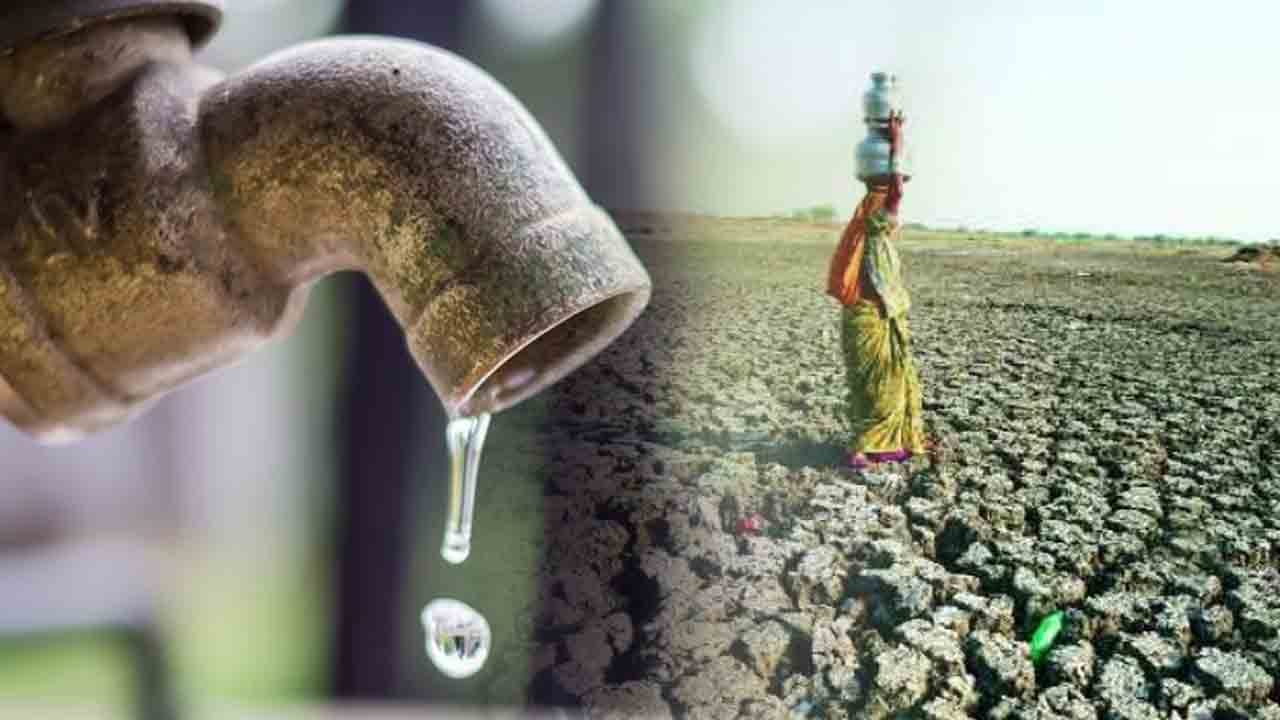The water crisis in India is alarming, to say the least. According to a recent report titled composite water management index, published by the Niti Aayog, 21 cities will run out of the water by 2020. That is next year. What’s more worrying is that it includes India’s capital city, New Delhi. Indians have faced the arrival of this inevitable problem and according to a United Nations report on population growth, India will add 273 million people between 2050 and the present year, cementing India’s position as one of the most populated countries in the world. It is time that we have another look at our public policies, economy, sustainable development, and try to bring active participation from the citizens as well.
There are 600 million people in India who are struggling with water scarcity. They don’t even have access to ample water for bathing, let alone for irrigation, industries, and other domestic uses. It gets even worse as 75% of the households in our gigantic democracy do not have access to drinking water. To those who have the privilege of having ample water find it to be 70% contaminated. The numbers are pointing towards a dark future.
85% of households don’t have piped water access. India wails but with no avail for water management and recharge of groundwater availability. Groundwater is the largest source of water for Indian citizens. Chennai has almost gone dry, and it is completely man-made havoc resulting from the ignorance towards climate change in the country. Where are we heading? And why are we aiming for an irreversible problem? The government and the citizens need to address the two questions collectively.
The issue of water scarcity starts with its demand. As per records, India receives adequate rainfall every year to meet its needs. According to the central water commission (CWC), India requires 3000 billion cubic meters of water annually and it receives 4000 billion cubic meters. Sadly, a large quantity of water is wasted inefficiently used.
The figures in North-Western India paint a worse picture. Rivers emerging from the Himalayas are not harnassed or improperly used for irrigation. Northwestern India’s large consumption of Groundwater is unfeasible in the long run. Alone in the year 2011, 245 billion cubic meters of groundwater was consumed for irrigation, and that was the total consumption of groundwater for that particular area in the respective year. In India, every day 40 million cubic meters of water is used for domestic use and industrial purposes. And India is the 3rd largest groundwater exporter in the world.
Water crises in Tamil Nadu as borewells run dry; hotels not serving lunch to cut water usage
India is ranked the lowest in water usage efficiency in the world. It has little control over wastewater management, whereas, in other countries, surplus water is reused. Indian water sources are increasingly getting polluted with no prompt cleaning actions. The largest amount of water is wasted in the inefficient practices of the irrigation sector. What makes us do so? And when will we take climate change to be serious?
What are the challenges ahead?
One of them is the development of a properly researched water management policy, that should lead to a more judicious approach towards water consumption all over India.
The water management policy should start at the grassroots level, dealing first with the agricultural sector. The government has to develop effective aquifer management that will regulate water usage. Other countries have well-established aquifer management. The villages of India need to be told about the water crisis and its dire consequences on the whole of India.
Water is going to be one of the hottest topics of politics in India in the coming years. It will change the political discourse. Before we get to such dire circumstances where water shortage is politicised and not solved, the government has to work with each state’s government and form a collective solution for the water management in all of them. River basins are considered as shared resources among the states and they can help with the problem as well. Different states will have to work accordingly and set their parameters for cropping patterns which will be utilised in the irrigation of land as per the agro-climatic zone. The centre and the state governments need to ensure that India has good water account in the future.


















